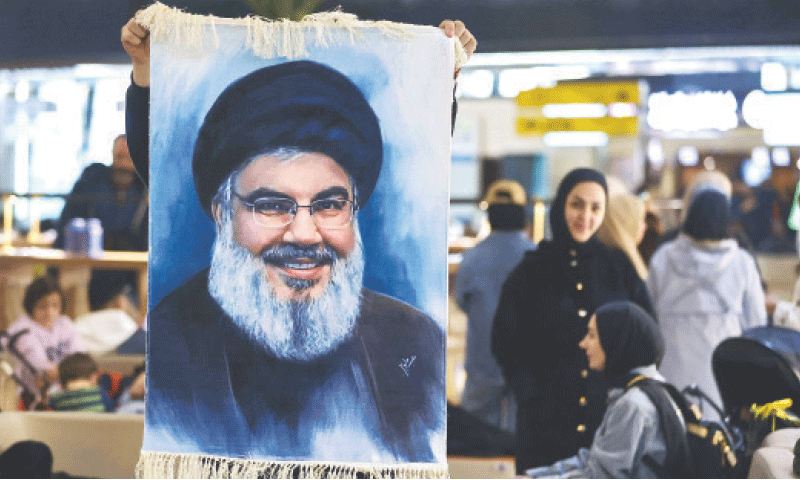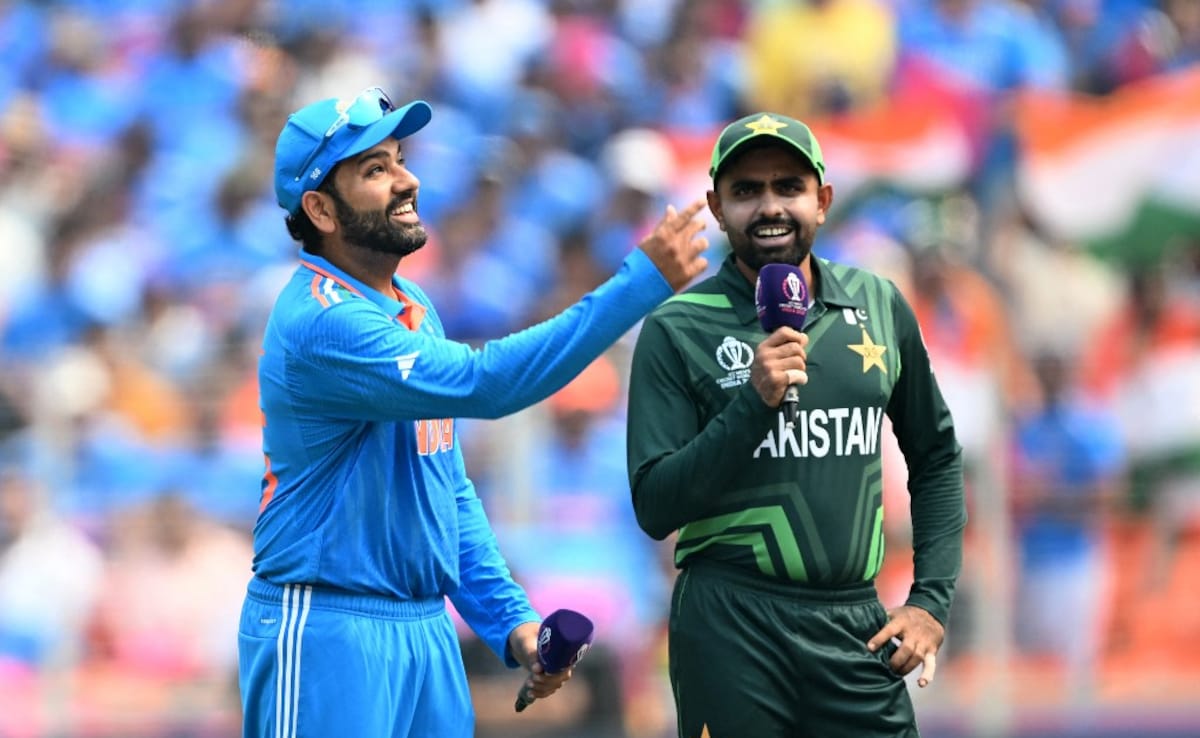Grief, relief and uncertainty as Gaza enters day 2 of ceasefire


Pietro Stefanini, political analyst and researcher at the University of Edinburgh, has said while there is relief that a ceasefire deal has been reached in Gaza, the cessation of fighting does not end “the structural genocide” that Palestinians have faced since 1948.
“It has really been one of the most intense genocidal wars in recent history,” Stefanini told Al Jazeera.
“We are now at a point where over 90 per cent of housing units have been destroyed or damaged, which means that at least 80,000 homes have been rendered uninhabitable. Schools, universities, hospitals, health centres. No sector has been spared from the almost total destruction,” Stefanini said.
“What we have seen in the past is that Israel causes massive destruction and pays no consequences,” he said, adding that to “break this cycle”, support for Israel must end.
“If international governments are serious about wanting to help rebuild Gaza, they must first create the conditions that prevent Israel from – in the future – attacking what may be rebuilt,” Stefanini said.
“One way to do that would be to fund the reconstruction while also cutting the massive economic, military and diplomatic support that Israel is provided.”





